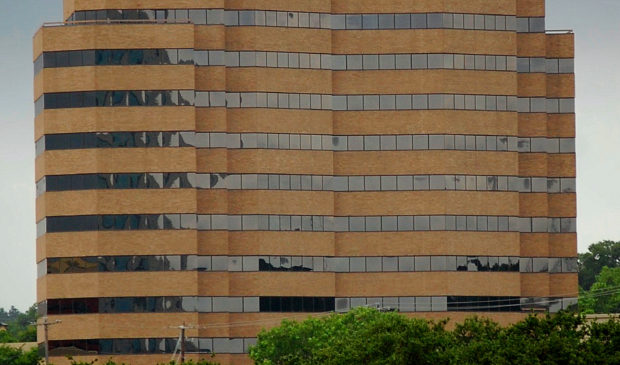Council seeks bigger Downtown Austin Community Court budget
Tuesday, June 13, 2023 by
Jo Clifton City Council last week endorsed adding funds to the budget of the Downtown Austin Community Court and expanding the area served by the court.
The court concentrates on providing justice diversion and community services to the city’s homeless population. It currently adjudicates a variety of class C misdemeanors committed in three areas: downtown, the area west of the University of Texas campus and parts of East Austin.
Following passage of the resolution, staff will rewrite city code in order to give the court jurisdiction over certain class C misdemeanors citywide. Council also authorized spending additional funds to hire two more caseworkers for the court.
Council members Natasha Harper-Madison, Chito Vela, José Velásquez and Vanessa Fuentes co-sponsored the resolution. During Thursday’s meeting, Council Member Mackenzie Kelly praised the resolution and asked to be named as a co-sponsor, too. The item was approved as part of the consent agenda.
The resolution points out that any homeless person may ask the court for case management services, regardless of whether they have been brought to the court through the criminal justice system. However, as the resolution points out, “the demand for walk-in case management services has significantly increased without any corresponding increase in resources.”
Downtown Austin Community Court case management workers fulfilled an average of 36 service requests daily in 2020 prior to the pandemic, according to the resolution. That number rose to 43 service requests in 2021, 44 in 2022 and 59 so far this year.
The Downtown Austin Community Court advisory board performed an operational analysis and interviewed stakeholders to explore how the system might be improved. It found that it was unfair to base services on the current geographic designations and recommended that the ordinance be changed so that homeless people from throughout the city could access services that the court provides.
According to the resolution, the class C misdemeanors that the court would be allowed to adjudicate citywide could include violations of the public camping ban, as well as the court’s top 10 case types: public intoxication, disorderly conduct, possession of drug paraphernalia, sit/lie violations, consumption of alcohol in a public place, pedestrian in a roadway, human waste, littering, simple assault by contact and theft of less than $100.
Interim Assistant City Manager Bruce Mills told Mayor Kirk Watson and Council members in a memo that the Downtown Austin Community Court Advisory Board had submitted four Fiscal Year 2023-24 budget recommendations during its meeting on March 24, 2023.
“These budget recommendations were developed in collaboration with staff and endeavor to expand the important work being done by the DACC as an integral part of Austin’s judicial and homelessness response systems,” Mills said.
The advisory board sought to fund the two additional permanent case manager positions “to alleviate a current waitlist for services,” he said, calling the positions “integral to any expansion of the geographical service area.”
Although Mills indicated significant support for the extra funding, he did not promise that the funds would be added to next year’s budget. The board recommended that the city add $676,600 of ongoing funding to augment the court’s Intensive Case Management capacity.
The group also recommended that the city find a permanent home for the court, which currently operates out of One Texas Center.
Council’s resolution directs the city manager to identify financial resources to support the court’s role as “an integral part of Austin’s homelessness response system.”
Harper-Madison said expanding the current boundaries of the Downtown Austin Community Court – which had been many years in the making – was “a big deal for folks who don’t know” about it. She added that it would “ensure a critical piece of our mental health care and public safety ecosystem (is) properly funded.”
She thanked the advisory board for their advocacy on the matter. Harper-Madison also said she also wanted to encourage other members of city boards and commissions to continue their advocacy on behalf of Austin’s citizens.
Council’s lengthy resolution can be found here.
Photo by LoneStarMike, CC BY-SA 3.0, via Wikimedia Commons.
The Austin Monitor’s work is made possible by donations from the community. Though our reporting covers donors from time to time, we are careful to keep business and editorial efforts separate while maintaining transparency. A complete list of donors is available here, and our code of ethics is explained here.
You're a community leader
And we’re honored you look to us for serious, in-depth news. You know a strong community needs local and dedicated watchdog reporting. We’re here for you and that won’t change. Now will you take the powerful next step and support our nonprofit news organization?




